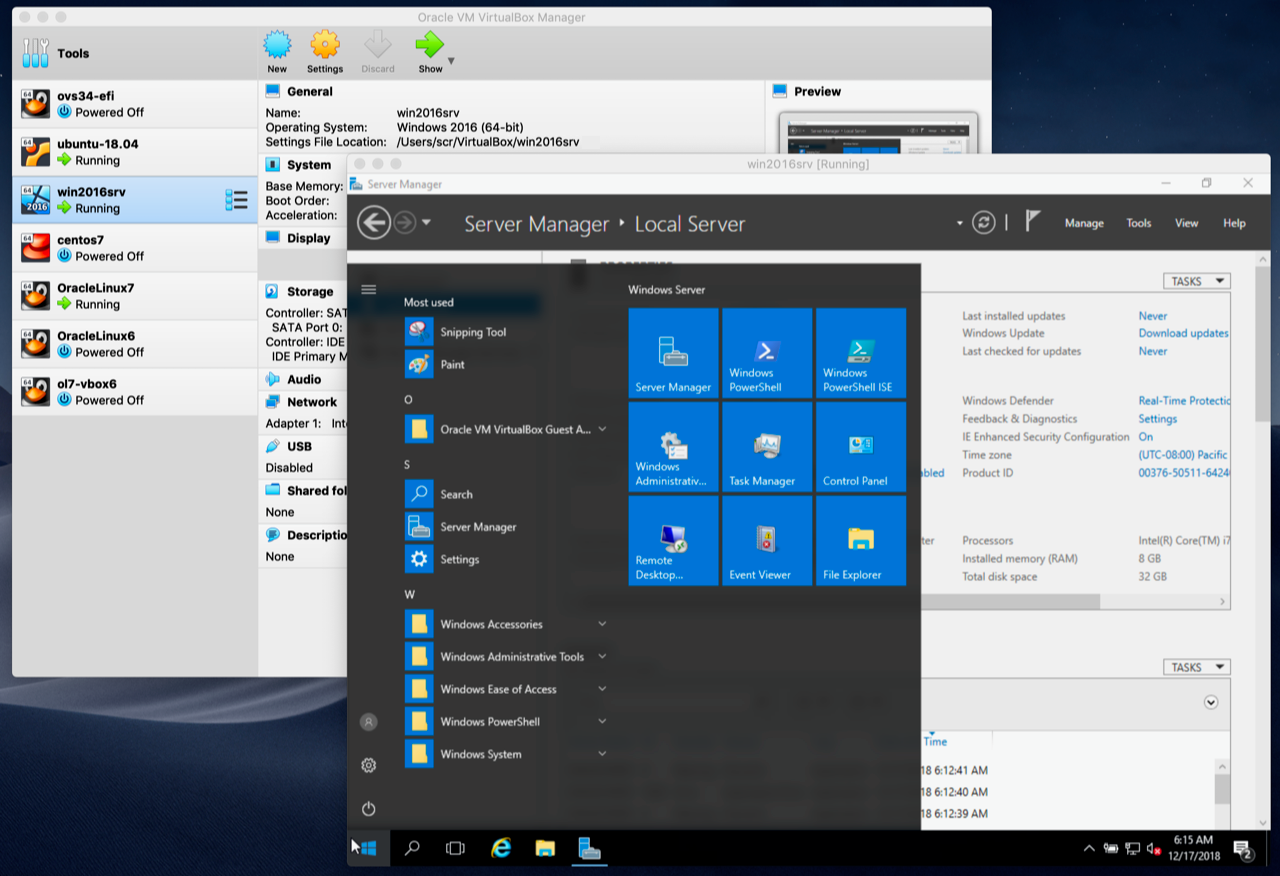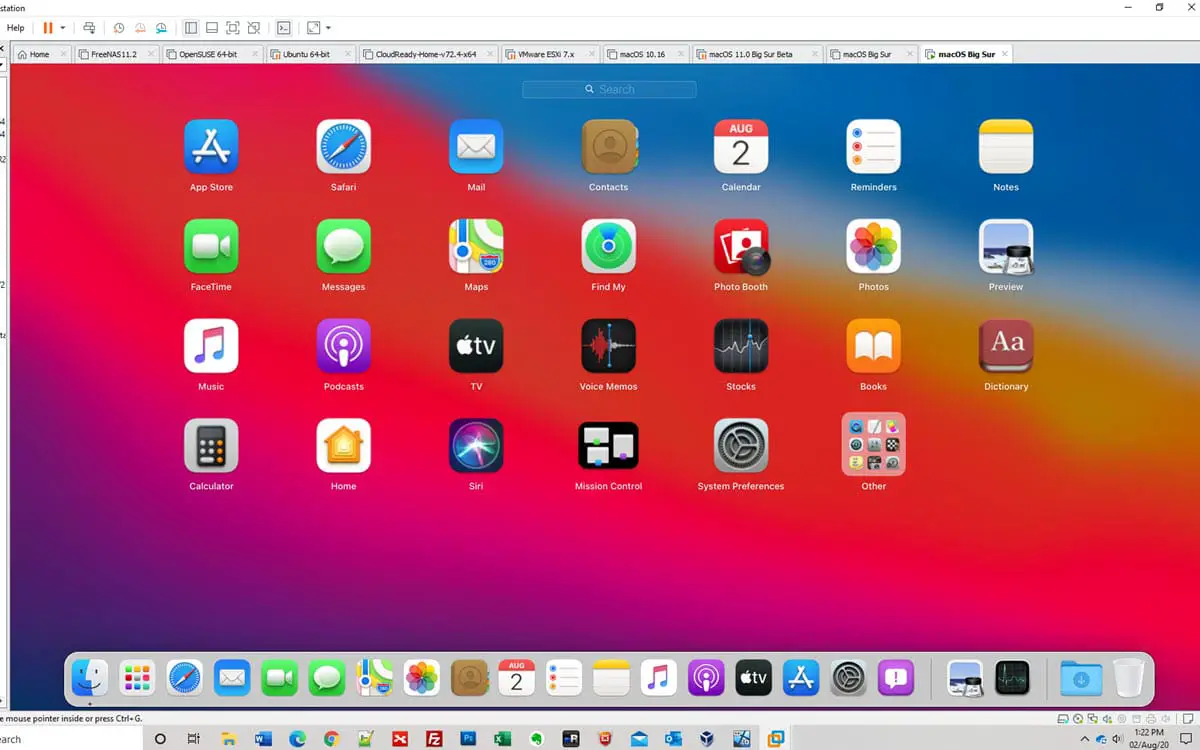
- #Windows vm on mac access shared folder how to
- #Windows vm on mac access shared folder full
- #Windows vm on mac access shared folder windows
Instead of obtaining an IP address automatically, specify an IP address.

Go to Computer Configuration > Administrative templates > Network > Lanman Workstation.įrom the right-side pane, double-click Enable insecure guest logons.Įrror code: 0x80004005. Go to Search, enter the word gpedit.msc, and then press Enter. Method 2: Enable insecure guest logons with Local Group Policy Editor Double-click it, set the Value data to 1, and then press Enter. Press and hold (right-click) LanmanWorkstation, select New > DWORD (32-bit) Value, and then name it AllowInsecureGuestAuth. Press and hold (right-click) Windows, select New > Key, and then name the key LanmanWorkstation.

You must create the key if it doesn't exist. Go to Computer\HKEY_LOCAL_MACHINE\SOFTWARE\Policies\Microsoft\Windows\LanmanWorkstation. Method 1: Enable insecure guest logons with Registry Editor You can enable the guest access from your computer by using one of the following methods: You can't access this shared folder because your organization's security policies block unauthenticated guest access Select Advanced, select Enable NetBIOS over TCP/IP on the WINS tab, and then press Enter. Select Properties and double-click Internet Protocol Version 4 (TCP/IPv4) on the Networking tab. Go to Control Panel > Network and Internet > Network and Sharing Center, select Change adapter settings on the left pane, and then double-click Ethernet. Go to Search, enter the word Services, and press Enter.ĭouble-click TCP/IP NetBIOS Helper on the right pane, and make sure the Startup type property is set to Automatic.
#Windows vm on mac access shared folder how to
Here's how to make sure TCP/IP NetBIOS is enabled:
#Windows vm on mac access shared folder full

Turn on network discovery and file and printer sharing options by following these steps:
#Windows vm on mac access shared folder windows
Select Programs > Programs and Features > Turn Windows features on or off > SMB 1.0/CIFS File Sharing Support.Ĭheck SMB 1.0/CIFS Client, and then press Enter. If you don't see either the icon or the mount, try uninstalling and reinstalling VMware Tools (this happened for me when an old version was originally installed), then disable and re-enable Shared Folders and reboot.Turn on the SMB 1.0 support feature from Control Panel by following these steps:.If there's no icon, check in Finder->Preferences.->General if "Connected servers" is checked:.In the filesystem, it's a vmhgfs mount at /Volumes/VMware Shared Folders: You should now have a "VMware Shared Folders" icon on desktop in which you will see the folder you've created.

Press Next and OK everywhere until all dialogues close and add a shared folder (pick any host folder that you have access to and any name) Enable VMware Shared Folders for the VM.After finishing, the installation will restart the system.If a security dialog pops up saying that a system extension was blocked, do as it says: go into security settings, allow the VMware system extension to run and when prompted for restart, choose to restart later.Unlike other answers posted so far, this one explains how to connect the host and guest via VMware Shared Folders.


 0 kommentar(er)
0 kommentar(er)
